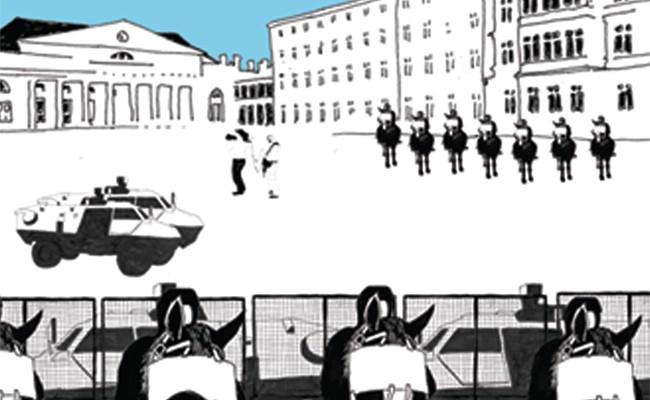We live in a deeply commodified culture that values style over substance, image over reality, the disposable over the sustainable. McDonald’s and Coca-Cola, The Da Vinci Code and Transformers, Australian Idol and Border Security – these are the faces of mass culture. Filmmakers and publishers often justify the situation by blaming consumers. ‘We’re just giving them what they want,’ they argue. For someone like Adorno, the culture industry is organised from the top. The industry tells us what we want (think of the ubiquity of advertising) and then sells it to us. Since our taste is already constructed, we desire what they are selling – the industry is a closed circuit. In such a situation, how might we sustain the cultural alternatives that survive like islands in a sea of commodification?
A number of pieces in Overland 199 engage with these issues.
Cate Kennedy contends that internet culture is detrimental to sustained creativity. Facebook, Twitter, blogs – these correspond to a state of mind that is impatient, disengaged and with decreased inhibition. This state of mind, she argues, is the opposite of the one necessary for creative writing.
Thomas Caldwell holds that the Australian film industry is blighted by its concern with commercial success. He challenges the idea that Australian film is too bleak. The problem, in his eyes, is not the quality of the films ‘but the public perception’ of them.
Zanny Begg examines the political art that emerged during the counter-globalisation movement. In her view, alternative culture should be radical and political, just as politics should be creative and artistic. It is a line of argument propagated during the 1960s by radicals such as Abbie Hoffman and the Yippies, who formulated it as a response to the mass media landscape.
Overland 199 also continues our engagement with contemporary politics. Sean Scalmer and Jackie Dickenson scrutinise the career and methods of Australia’s establishment journalist Paul Kelly, while Tad Tietze analyses the history and composition of the Greens.
Along with stories, memoir and reviews, we hope that these pieces contribute in their own way to keeping those alternative cultures – literary and political – alive.



